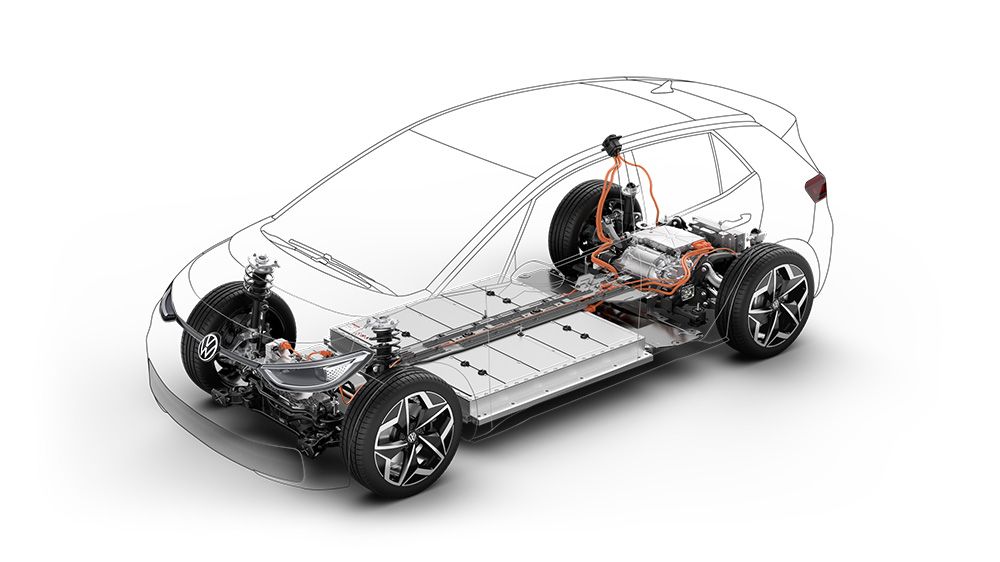The technology promises a higher energy density than current batteries, less risk of fire due to the elimination of flammable electrolytes, and greater resistance to cyclic charging, which would give the batteries a longer lifespan, The Autopian pointed out. Solid-state batteries have a solid electrolyte.
PowerCo is engaged in battery technology and manufacturing. During several months of testing, the QuantumScape battery prototype was able to retain 95 percent of its original capacity after 1,000 charging cycles. That could be quite an achievement, as Volkswagen says the industry has a 20 percent capacity loss after 700 charging cycles for this development stage. The battery also met all requirements regarding charging speed, self-discharge and safety.
If these batteries were used in a set with a range of 500 to 600 kilometers, then 1,000 charging cycles would cover a distance of 500,000 kilometers and after this time 95 percent of the original capacity would still be usable. That’s more than most cars achieve in their lifetime. However, the server cautioned that this is an idealized number, as it assumes 1,000 full charge cycles with the maximum range reached each time. However, it does suggest that the battery technology could have a great lifespan that exceeds the level achievable in current EVs.
Solid-state batteries, like lithium-ion batteries, use lithium. But they differ in that they have a solid electrolyte, and not a liquid or gel one. In short, this technology allows the use of lithium metal as an anode material that stores more energy than the anode materials used in current batteries at the same weight. The removal of the flammable liquid electrolyte also reduces the risk of fire and enables faster charging due to a lower risk of ignition due to overheating.
Many companies are actively pursuing this technology, but there are still problems with robustness and reliability. But it seems that the company QuantumScape managed to solve one of the main problems, namely how to prevent the formation of lithium dendrites, that is, some fibers inside the cell, which can destroy the battery in a short time.
However, the new cells cannot be expected to appear in mass-produced cars anytime soon. Although QuantumScape says its twenty-four-layer test cell already matches the design planned for mass production, it’s still just a prototype. Figuring out a way to produce at scale is a challenging task. And the next task is the construction of factories. Many car companies already have a problem with how to start sufficient production of current conventional batteries. But if QuantumScape could come up with reliable semiconductor cells and the right manufacturing process, there’s a lot of potential here.
If the cells can withstand real-world conditions and become affordable, their higher energy density, which indicates how much energy is stored in one kilogram of mass or one liter of volume, would make a huge difference to all electric cars that will use them. It would make it possible to produce electric cars with a much longer range than the competition, or with a similar range, but significantly lower weight, the server pointed out.
2024-01-06 16:00:00
#Volkswagen #working #breakthrough #battery #managed #eliminate #basic #problems #Garáž.cz


